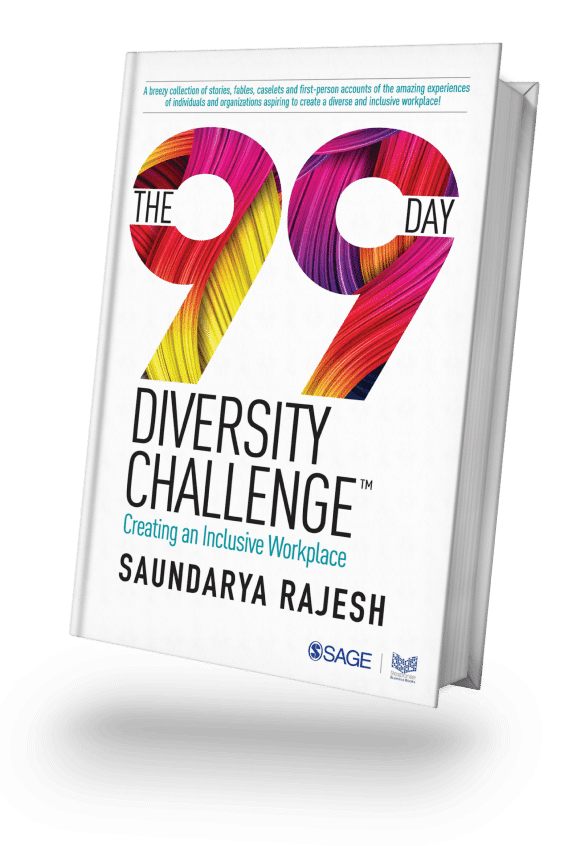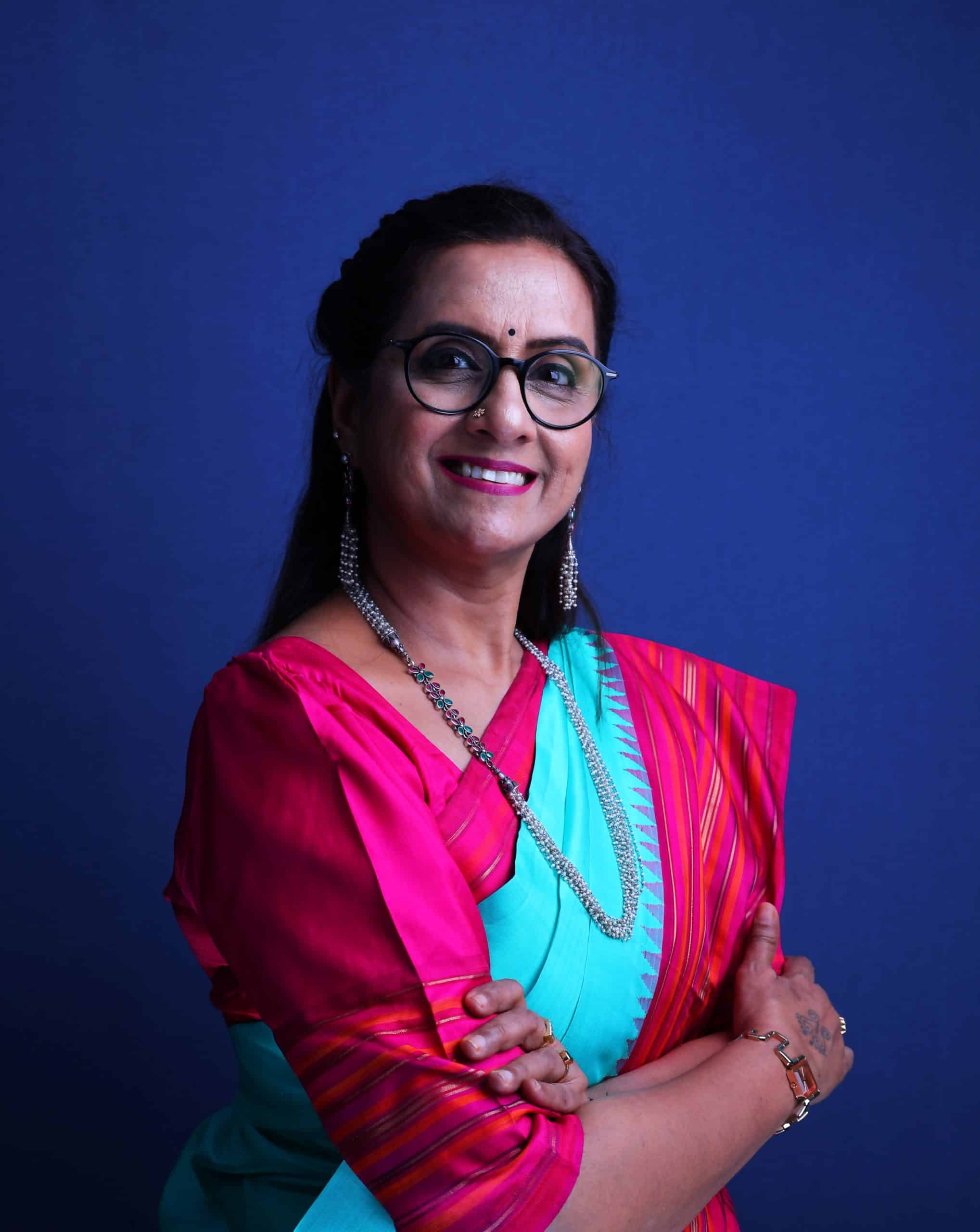Inclusion begins with embracing all people irrespective of their race, gender, sex, medical needs, and neurological differences. Inclusion elevates people’s level of supportive energy and commitment to do their best at work. Inclusion has visible effects, such as participation in meetings, taking initiatives, and working beyond office hours if necessary. While Diversity, Equity, and Inclusion is a widely discussed topic at organizations, realizing that it all begins within us and our homes will help gain a deeper perspective.
Diversity at its core is about differences in the way we think and behave. One situation can be perceived by different people in distinct ways. Before understanding organizational or societal diversity and inclusion initiatives, we must understand ourselves and embrace our uniqueness. Inclusion deals with more than tolerating differences; it is about creating an environment that welcomes uniqueness in everyone. However, the challenge is being able to accept oneself in the process of being inclusive.
Are you welcoming of yourself and your family?
It is common to think that an inclusive model starts with expecting others to be inclusive of our behavior. It is important to start from ourselves, with our level of awareness, openness, and perception. The more we work on ourselves and introspect, the easier it will be for us to be sensitive to the feelings and perceptions of others. Some ways to foster inclusion within ourselves are:
Understand likes and dislikes:
It is common to be aware of our likes than our dislikes. The reason is the uneasiness it creates. Making a list of what we dislike and understand why we dislike them will lead to a greater sense of acceptance.
Are we open to what our family has to say?:
While there are discussions and debates about being open to ideas within an organization, how comfortable are we in accepting the ideas generated by our family over lunch or dinner? We reject in people that we reject in ourselves. What are we running away from? We must first address our mindset to see if our biases are interpreting a situation wrong.
Listen to different opinions at home:
Experiences are a powerful tool to become aware of our past mistakes and make sure not to repeat them. Expecting our family to think alike and experience situations the way we wish to experience will cause bitterness. Being inclusive of their experiences is the key to ensuring that inclusion begins at home.
Are we objective and inclusive enough while making decisions at home?:
Our thoughts are influenced by our upbringing and culture. Our mind decides based on the biases we have grown up with. While making critical decisions, we must ask ourselves if someone in our family is being excluded or affected by our decision. Are we seeking the perspectives of both the youngest and the oldest family member while making decisions? It is important to make decisions based on data and facts, as far as possible, and not just based on our instincts or gut feelings. And, we must seek the perspective of every family member and keep in mind their interests, especially while making important family decisions.
Most people perceive themselves to be fair and just. However, the reality is different from what we perceive because our minds unconsciously and unintentionally exclude people, who are dissimilar, and whose opinions are different from ours. Subtler differences like dressing sense, manners, accent, and even invisible humor and values can be seen as threats by our brain. Therefore, being aware of our biases and intentionally including everyone, including our family members, becomes imperative to becoming truly inclusive.






